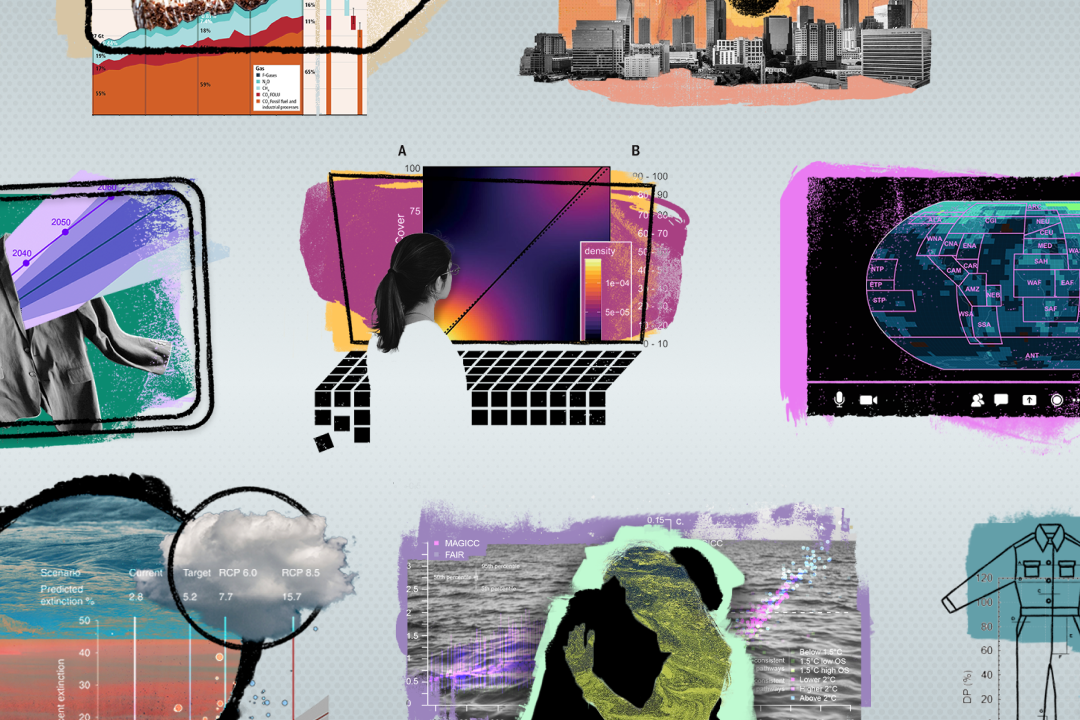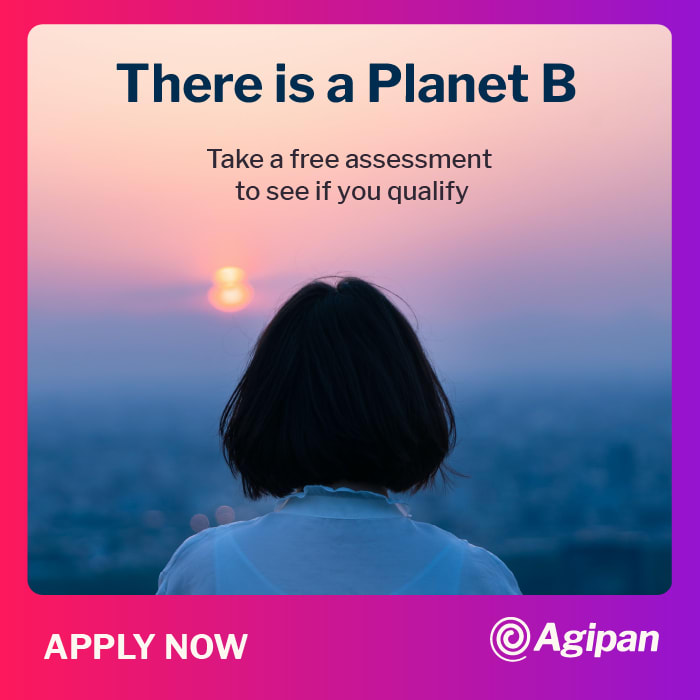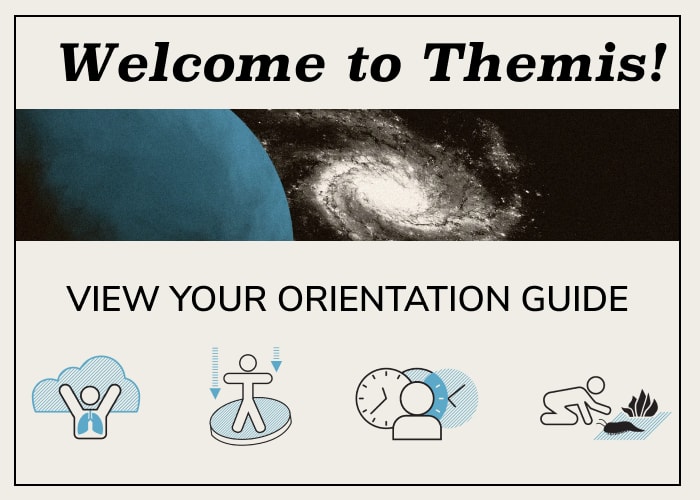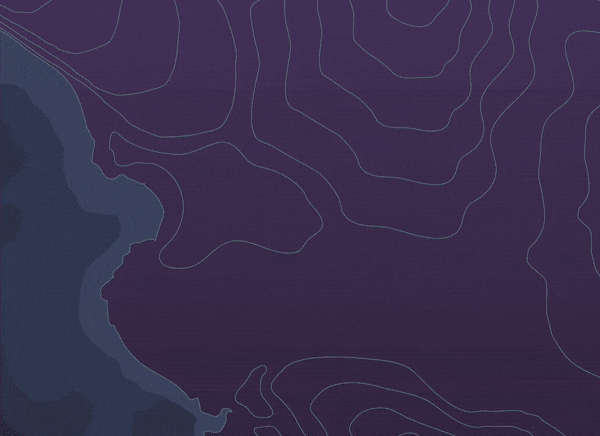
Published in twice-weekly installments over the course of two months, Planet B was a sprawling experiment in multimedia storytelling. Was it a newsletter? A novel? Net art? I'm still not sure how to describe it, but I tried to write an original about the climate crisis, tech companies, and our drive for a better world — all designed for the web of 2022 and the types of readers living there.
Installments were designed to be accessible and exciting, with illustrations, videos, Tweets, memes, and entire spinoff websites sprinkled throughout each chapter. Like my previous work blending fact and fiction, I wanted the story to bleed into your web browser and mix real articles about renewable energy with a fictional story set just over the horizon.
The illustrations at the start each chapter incorporated charts from the latest IPCC reports. Research into smart cities and biofuel informed the development of the story's offworld colony. I created a Twitter account for one of the protagonists. And the inescapable debate over the role of individual lifestyle in combating the climate crisis was exaggerated into an all-consuming point system that determines one's eligibility to travel to the titular planet.
In a future where people have largely given up on saving the climate, an Apple-like tech company discovers a portal to a habitable world — and they're not going to screw this one up. As they construct a utopian colony on this new planet, admittance is determined by an algorithmic ranking based on your sustainability and efforts in the face of Earth's decline (find out your score here). Powerful forces are determined to find the portal: governments, billionaires… a young reporter looking for a big break, and a mercenary hacker whose sister becomes the latest recruit for the off-world colony. But so far, the portal remains hidden.
Here are some more examples of media included throughout the story, but I recommend discovering them for yourself as you read.


